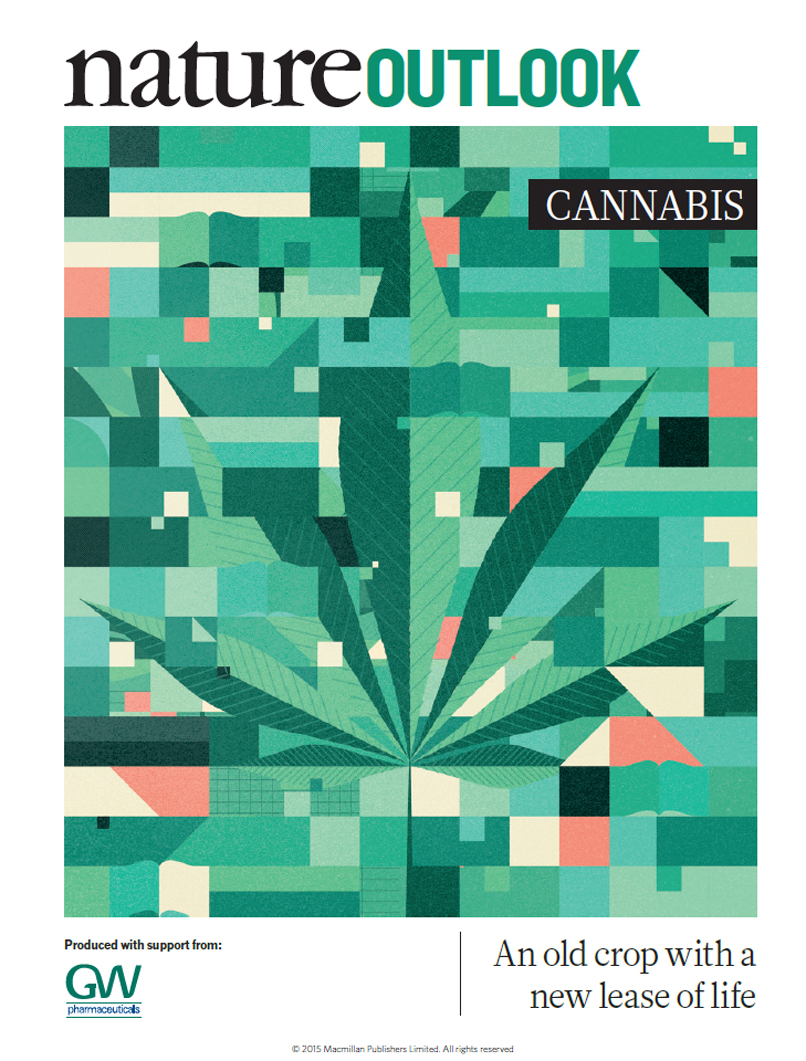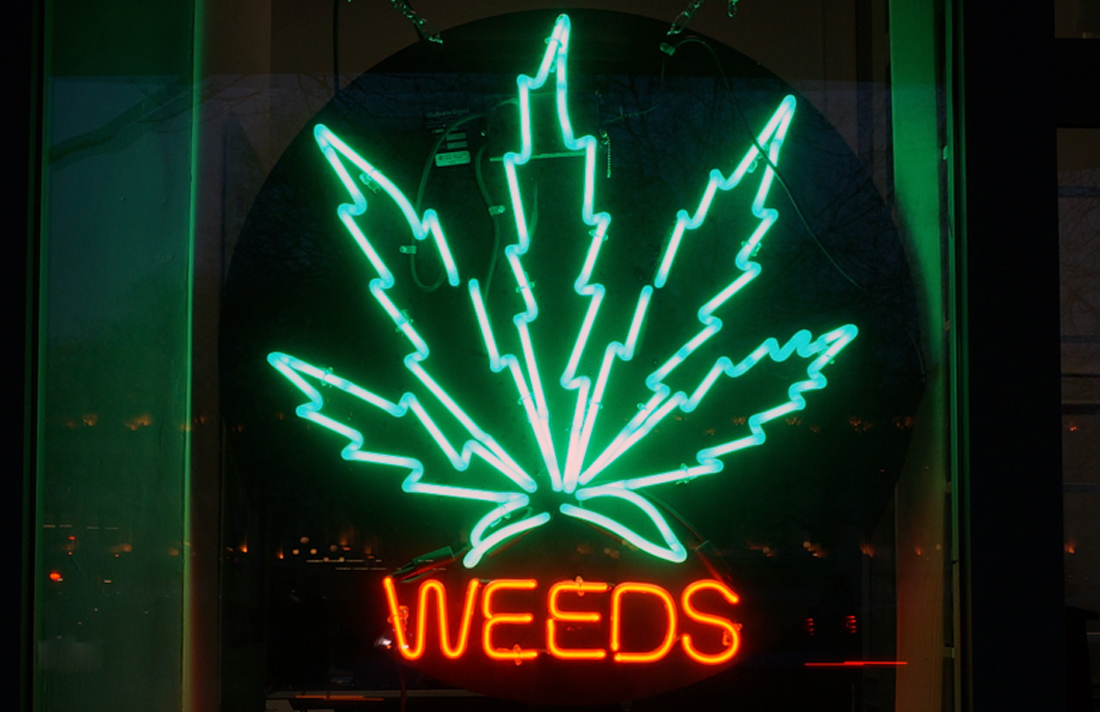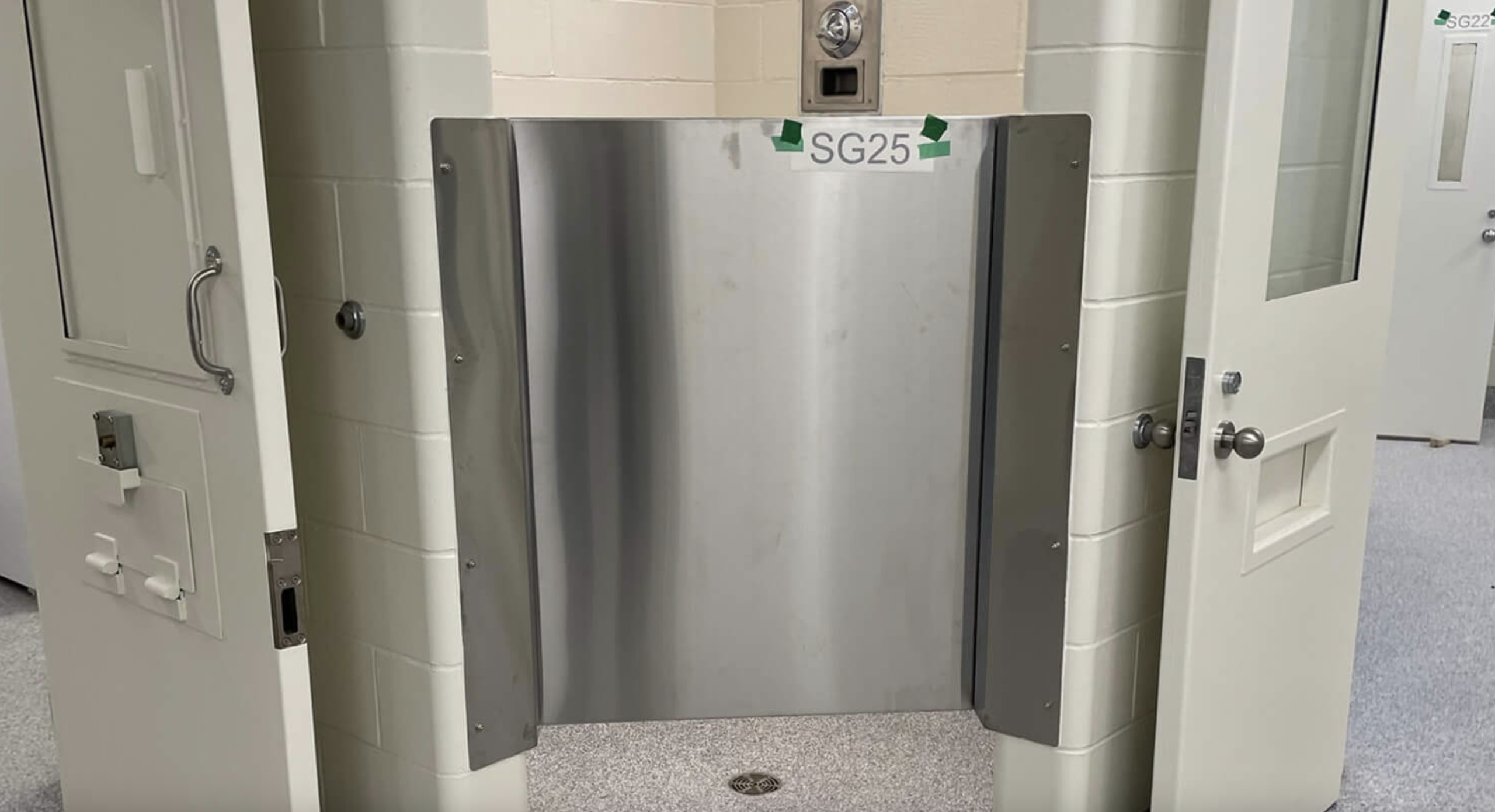Most Cannabis Academics Ignore Medical Autonomy

CANNABIS CULTURE – Nature recently devoted an entire issue to cannabis.
Lovers of human medical autonomy will be sickened by the magazine’s contemptible disregard for the rights of humans to determine their own medical choices:
It has previously been suggested that, even assuming an entirely causal relationship, the required reduction in the number of cannabis users to prevent one case of schizophrenia is in the thousands.
The question as to whether or not attempts at “reductions” in the number of users of this herb or that drug should even be attempted in the first place – the question of human medical autonomy – does not arise. It never arises.
Considering the fact that they can’t even “reduce” the number of cannabis users in a maximum security prison, this sentence is obviously the construct of someone deluded into thinking that public policy, laws, police officers, courts, judges, prisons and wardens have any effect on the number of users.
If they meant reduce the number of users through an educational campaign, that was not mentioned – nor was the difficulty of convincing people to abandon the safest, cheapest and most effective medicines because the rate of mental illness MIGHT increase by 0.1% discussed. One assumes that the standard prohibitionist “reduction” techniques are in play – the same ones that don’t even work in prison.
Another look I did at 24 different studies of cannabis use revealed that medical autonomy was never mentioned by any of them.
They just talk about us as if we were cattle. So far I have only been able to locate one academic study which mentions both cannabis and human medical autonomy:
“The ethical dilemma at the core of this debate is whether the federal ban on the use of medical marijuana violates the physician-patient relationship. The argument can be framed by the ethical principles of autonomy and beneficence. Patients have the right to expect full disclosure and discussion of all available treatment options from their physicians. Denying a patient knowledge of and access to a therapy that relieves pain and suffering, especially when the patient has a terminal disease, violates the basic duty of a physician. As a result, physicians find themselves at the center of this controversy, searching for a compromise between medical necessity and government restrictions.”
This is out of how many hundreds of articles are published every year on cannabis?
Respect for human medical autonomy is supposed to be a fundamental guideline of clinical ethics.
So long as academics do not consider medical autonomy of value, activists will be forced to continue to point out the truth and criticize these academics for failing to do their jobs.




